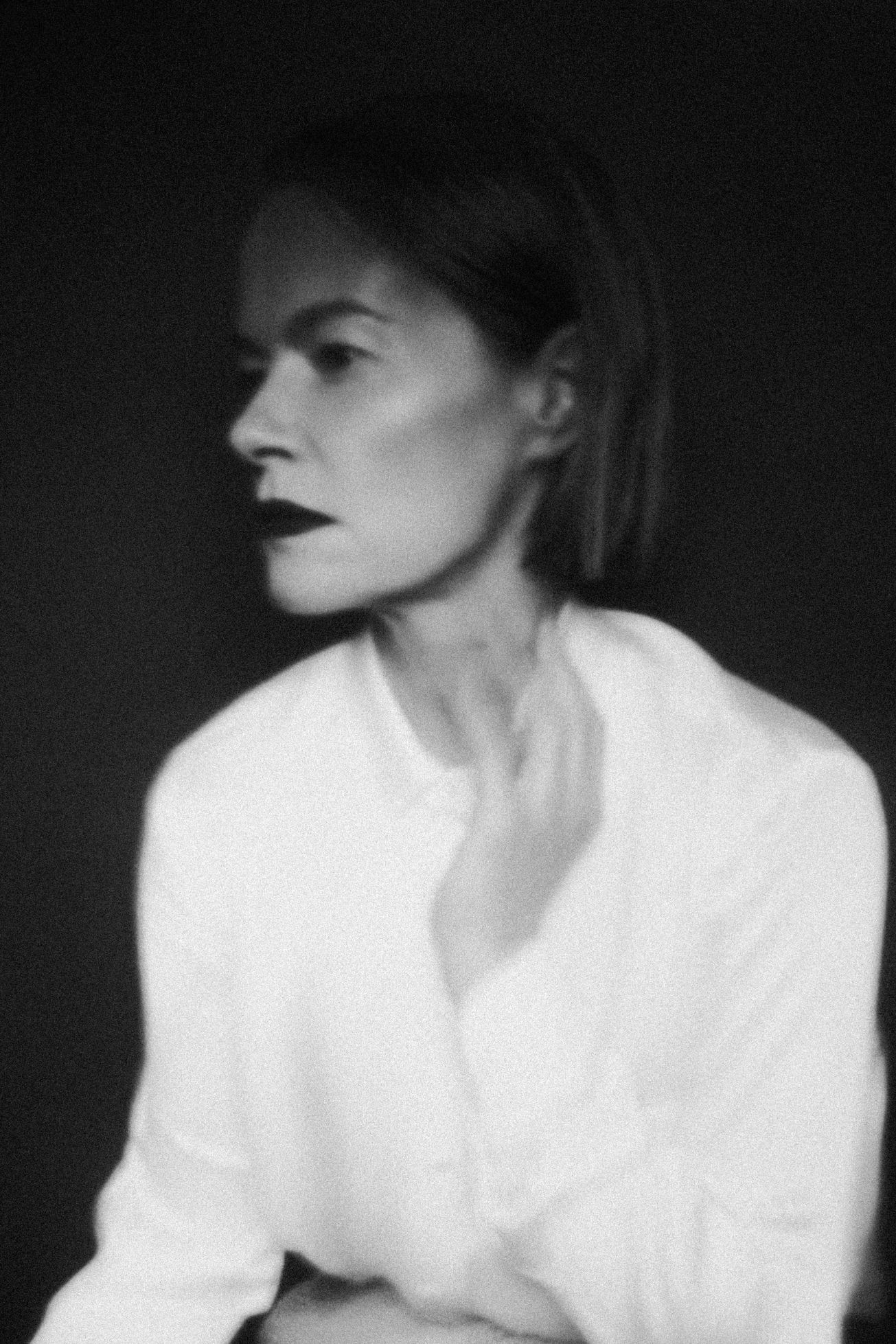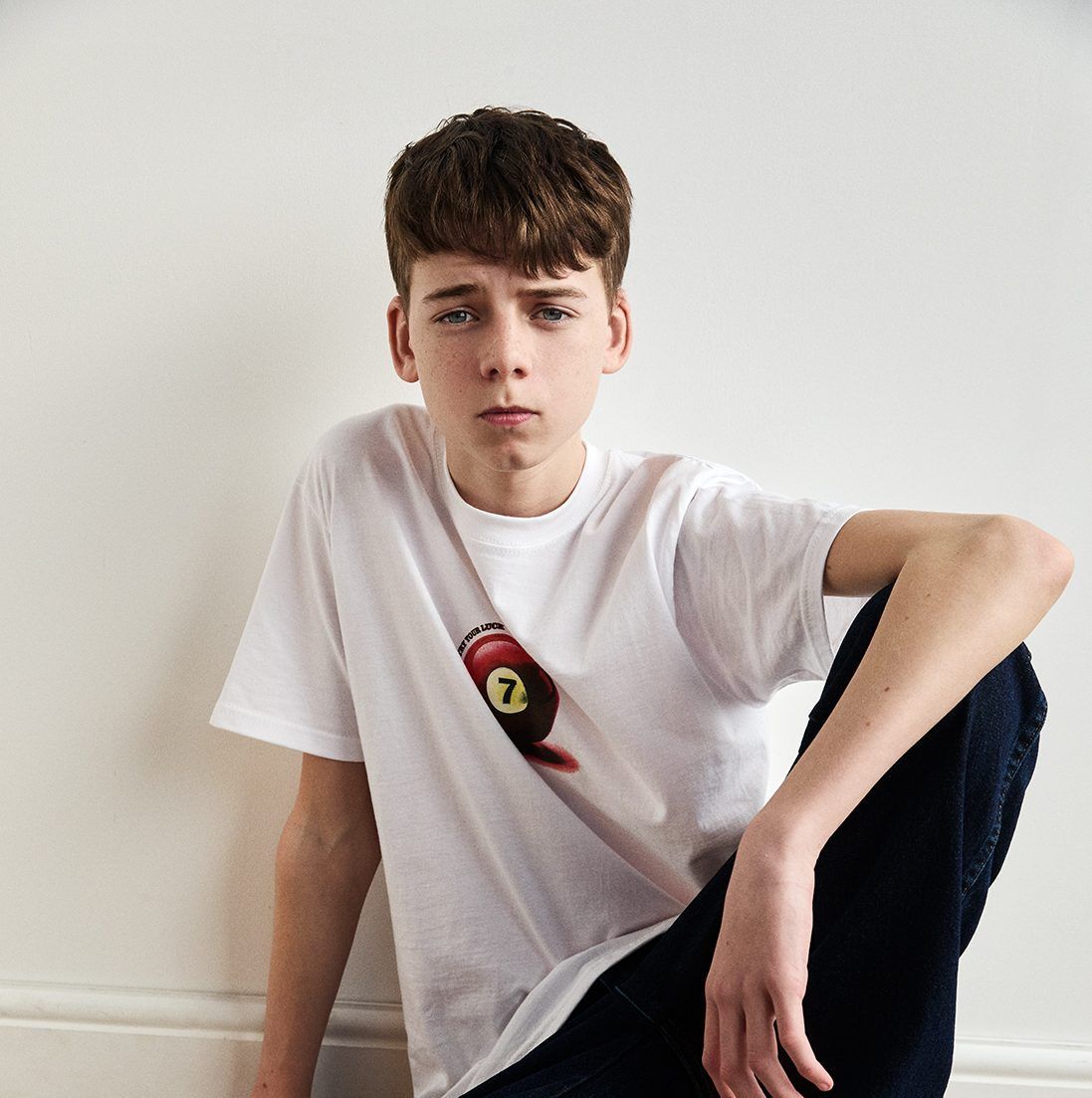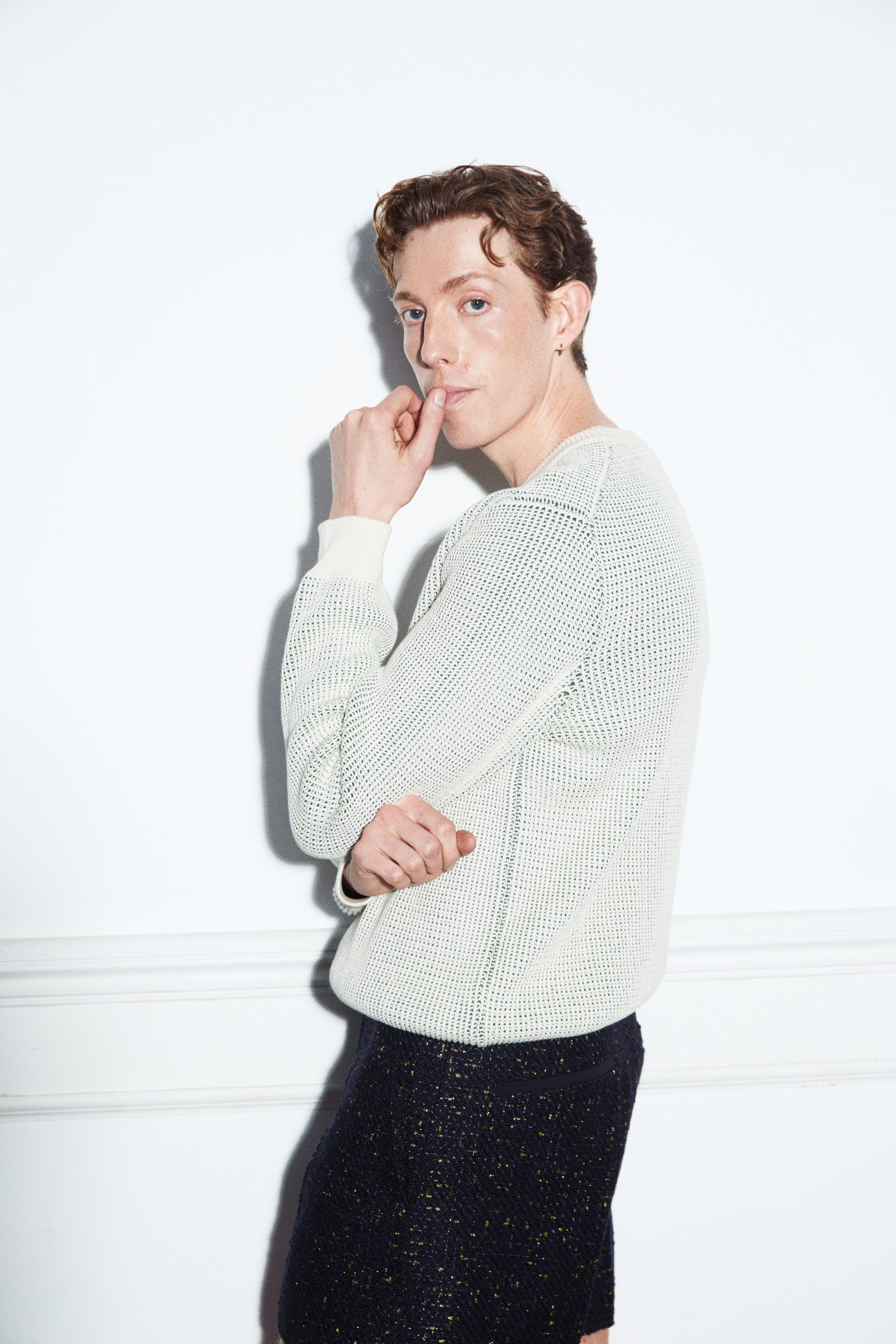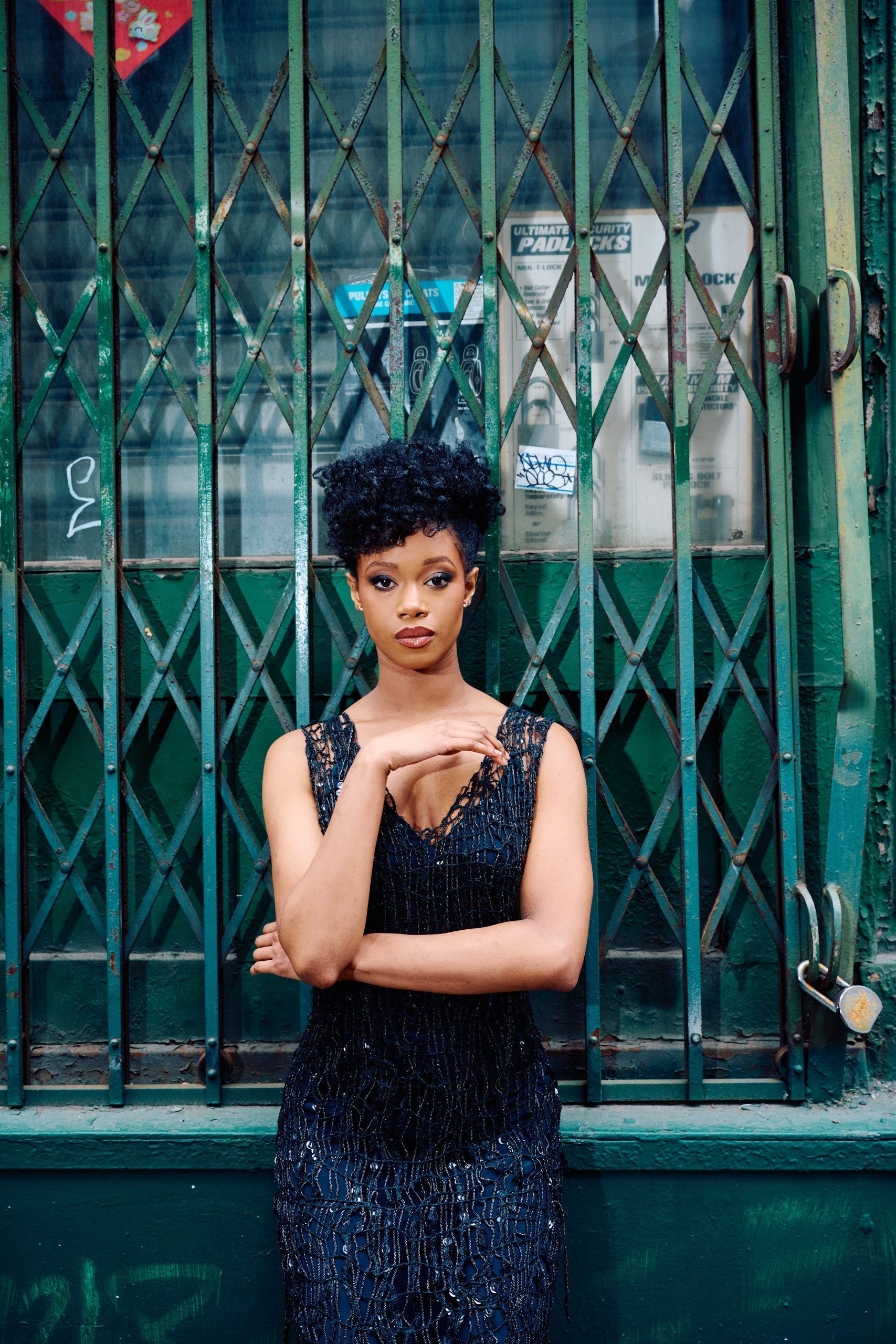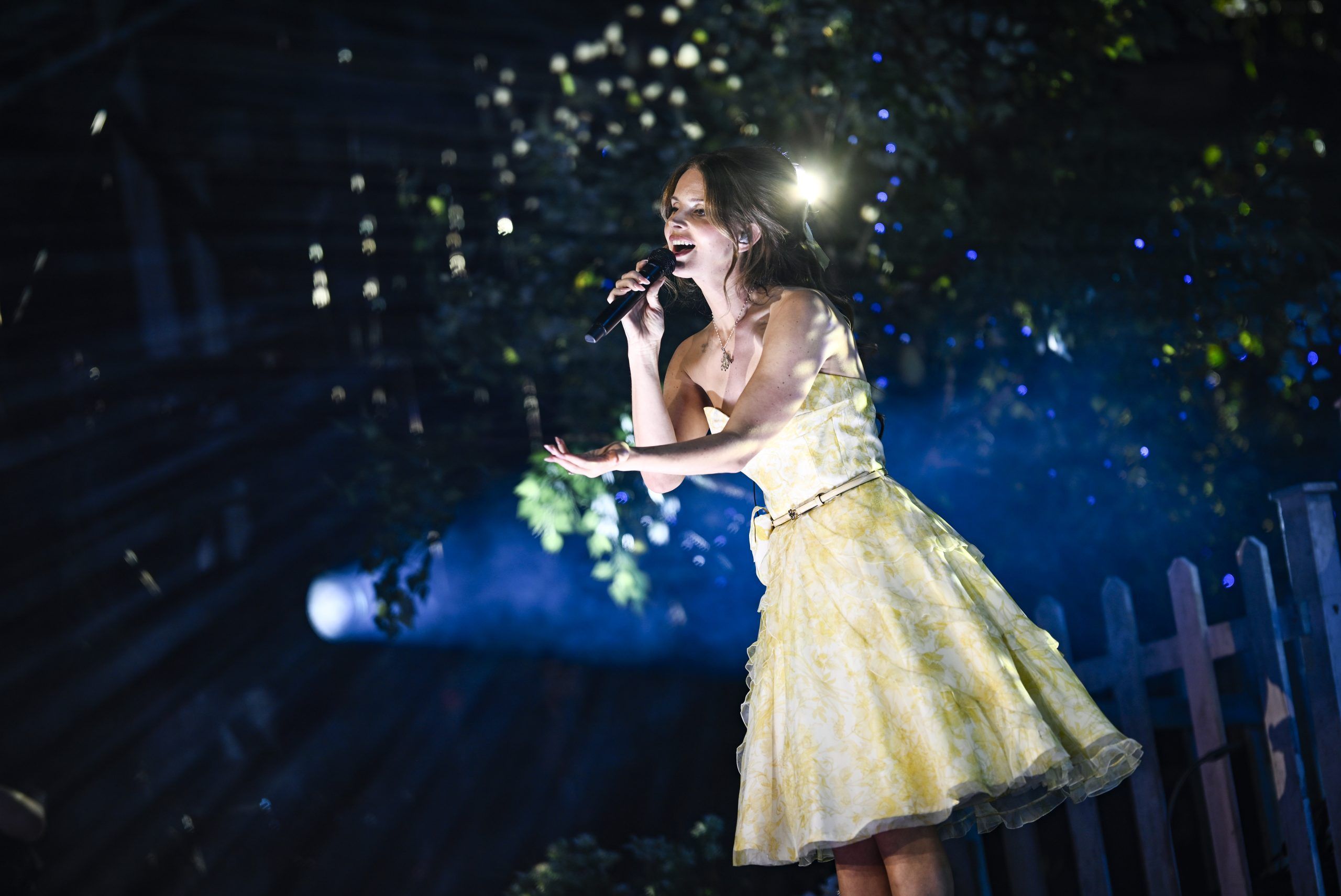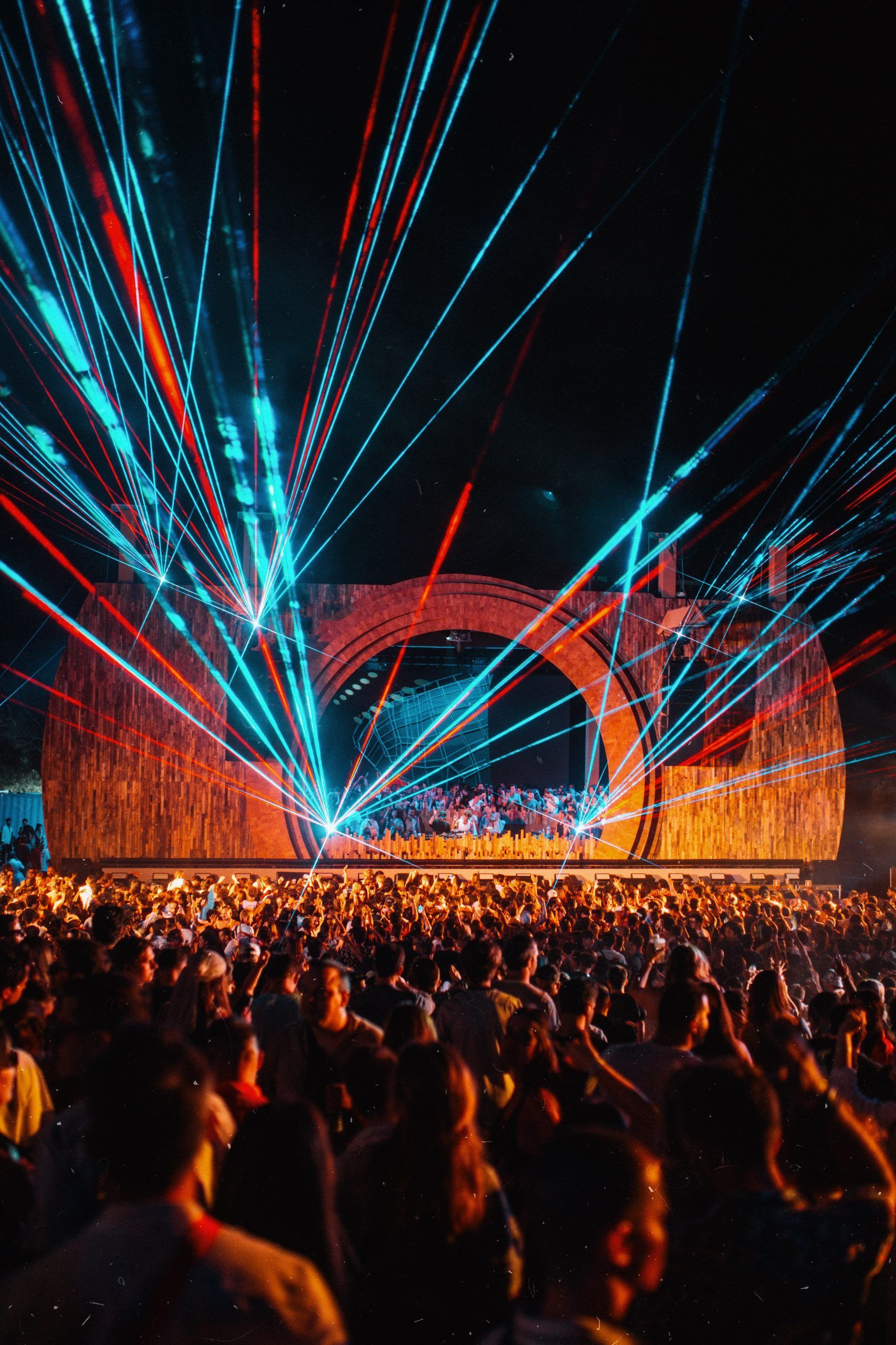Leisha Hailey is a true creative. She is best known for her role as Alice Pieszecki in the Showtime Networks series The L Word (2004-2009), which provided groundbreaking onscreen representation for the queer community as television’s first ensemble cast of lesbian and bisexual female characters. In 2019, she reprised the role in the sequel series The L Word: Generation Q alongside fellow OG-series actresses Kate Moennig and Jennifer Beals.
But Leisha’s talents go far beyond acting. She first made her name in the early 90s as one half of alternative pop duo The Murmurs and later continued her music career in the band Uh Huh Her. She also hosts the PANTS podcast with The L Word costar and close friend, Kate Moennig, has served as an executive producer for a number of episodes of Generation Q and took to the director’s chair for the season three finale. And, beyond the public eye, this modern renaissance woman has long had a passion for creating, delving into projects from painting to building to home renovation.
In an interview briefly interrupted by the appearance of one of Leisha’s cats — she has two, as well as a dog called Banjo — 1883 Magazine’s Bec Oakes chats to Leisha about the legacy of The L Word, her directorial debut, the challenges that come with being creatively driven and what the future holds.
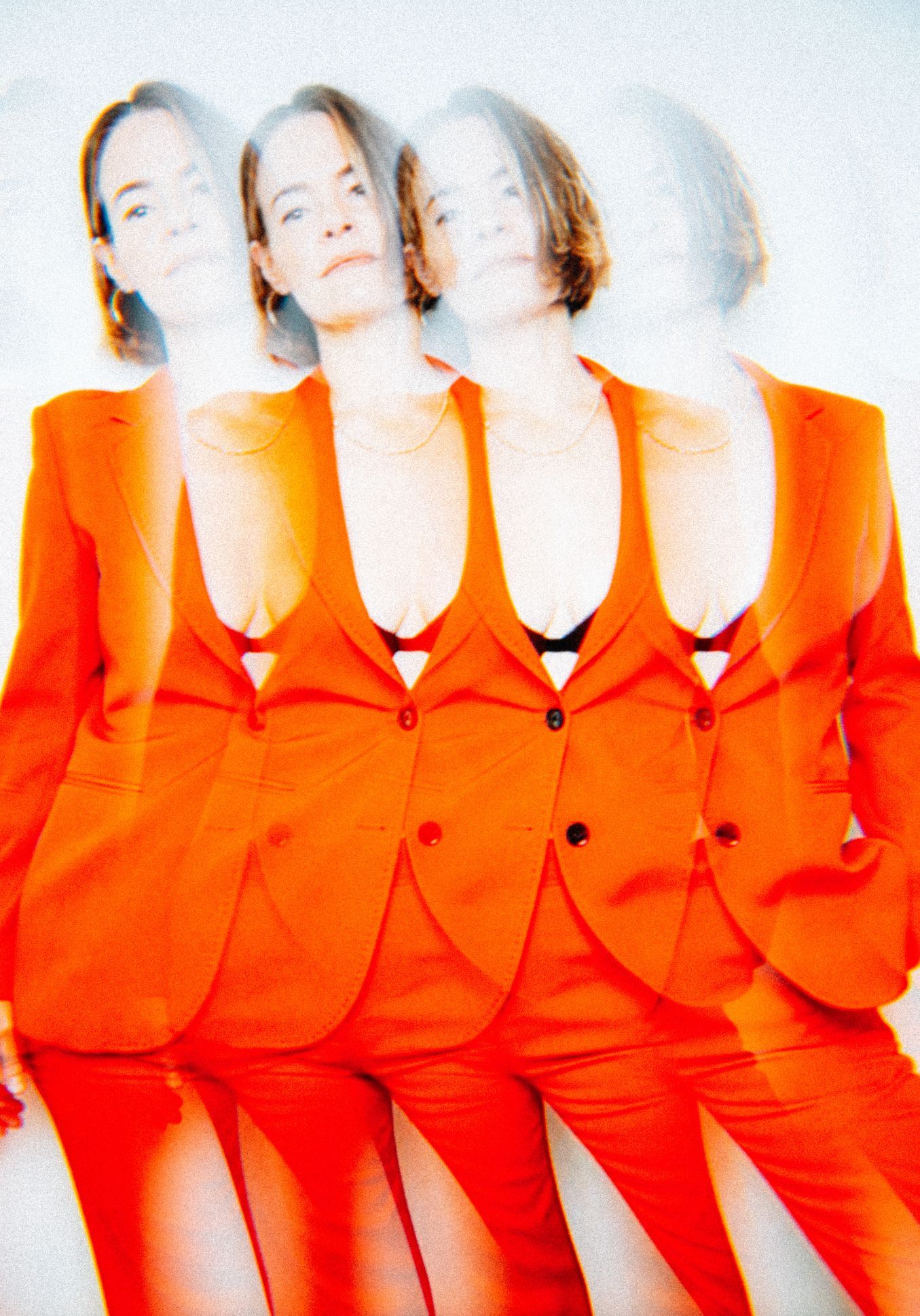
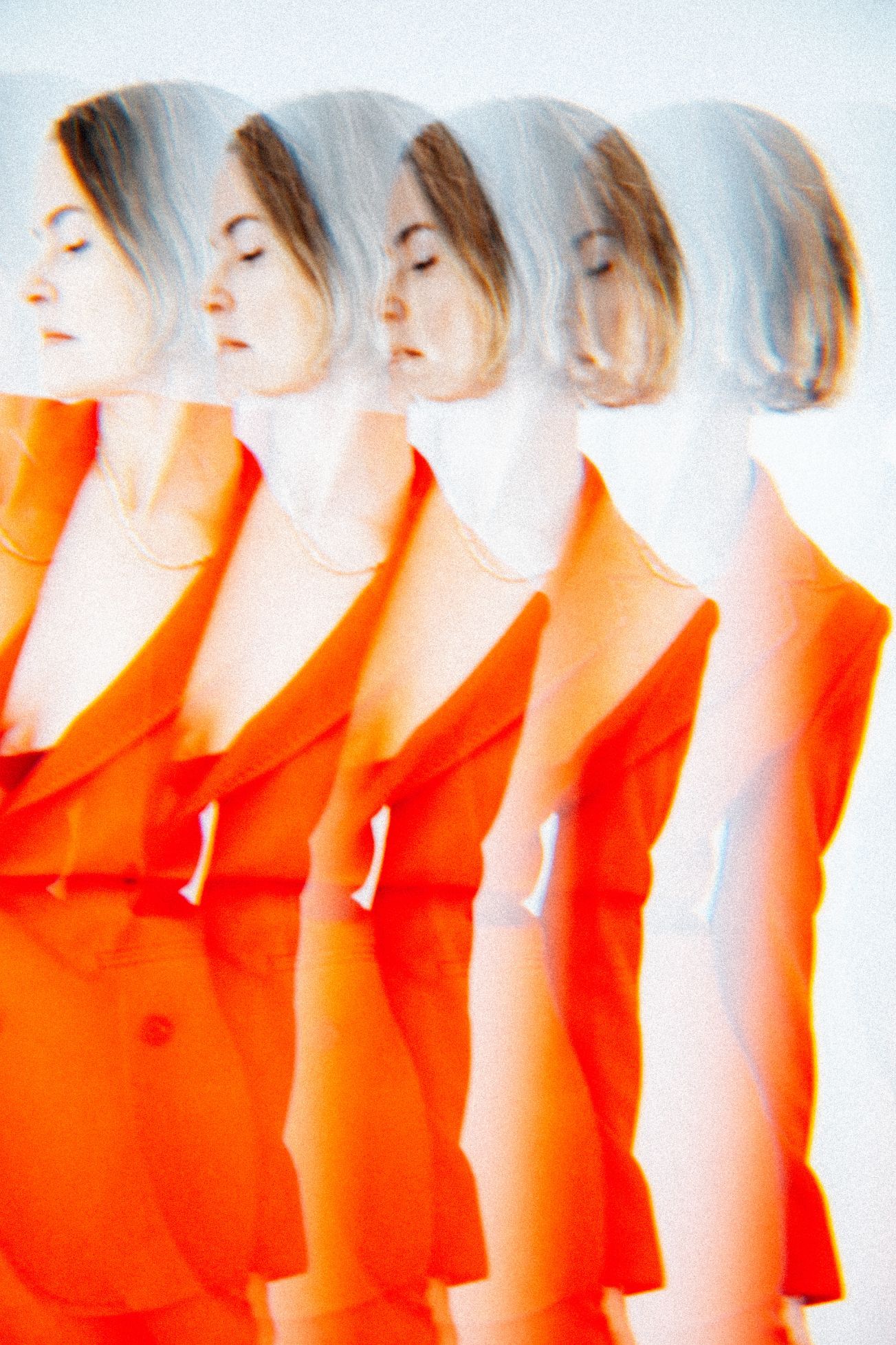
Let’s chat about your origin story.
I was born in Okinawa, Japan because my father was stationed over there in the seventies. And then he was moved to Bellevue, Nebraska so I grew up in the Midwest. I have a beautiful family and had a really nice childhood. The only thing that I’d say was hard was realizing my sexuality at a very young age but keeping that inside. I dealt with a lot of depression and anxiety about that; feeling like I was different, feeling like a monster. I thought something was wrong with me. And even though some of my parents’ close friends were gay, they would hide it. So my example of being gay was like, “Oh, don’t tell people, don’t show people, keep it inside.” That was a little bit hard.
I guess that’s why programmes like The L Word are so important, so people can see themselves on screen and feel represented, feel normal. The series was really groundbreaking for its portrayal of the queer community at a time when it was virtually non-existent on screen. What does it mean to you to have a role in such a pivotal series?
The nucleus of why I feel so much pride about having been a part of the show is feeling like I’m a part of something bigger — representation. I’m a huge believer in representation. I think it’s a massive part of change. When you see something, you can understand it and you see how we’re all the same. I’ve been a part of showing people the normalcy of being gay. I was able to put that on TV. I never had that resource growing up so it’s been an honour to be able to do that.
Yes, and I think it’s important that this representation is fully realized, that LGBTQ+ characters aren’t just a side note.
Exactly. I don’t think it’s enough to just have a couple of gay characters on a TV show. I feel like people expect us to be okay with that. That we’d be like, “Thanks for the crumbs.” But it’s not enough, quite frankly.
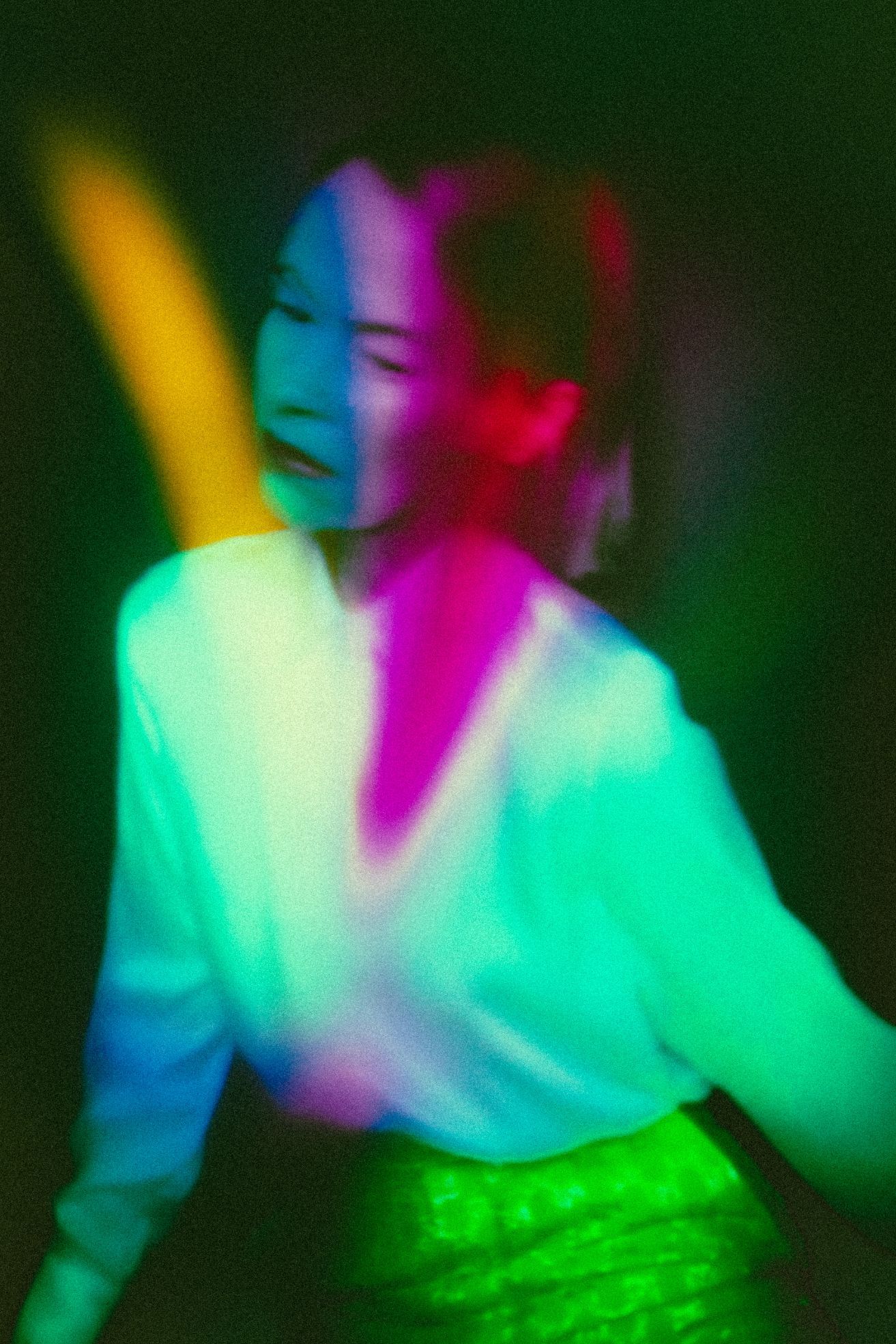
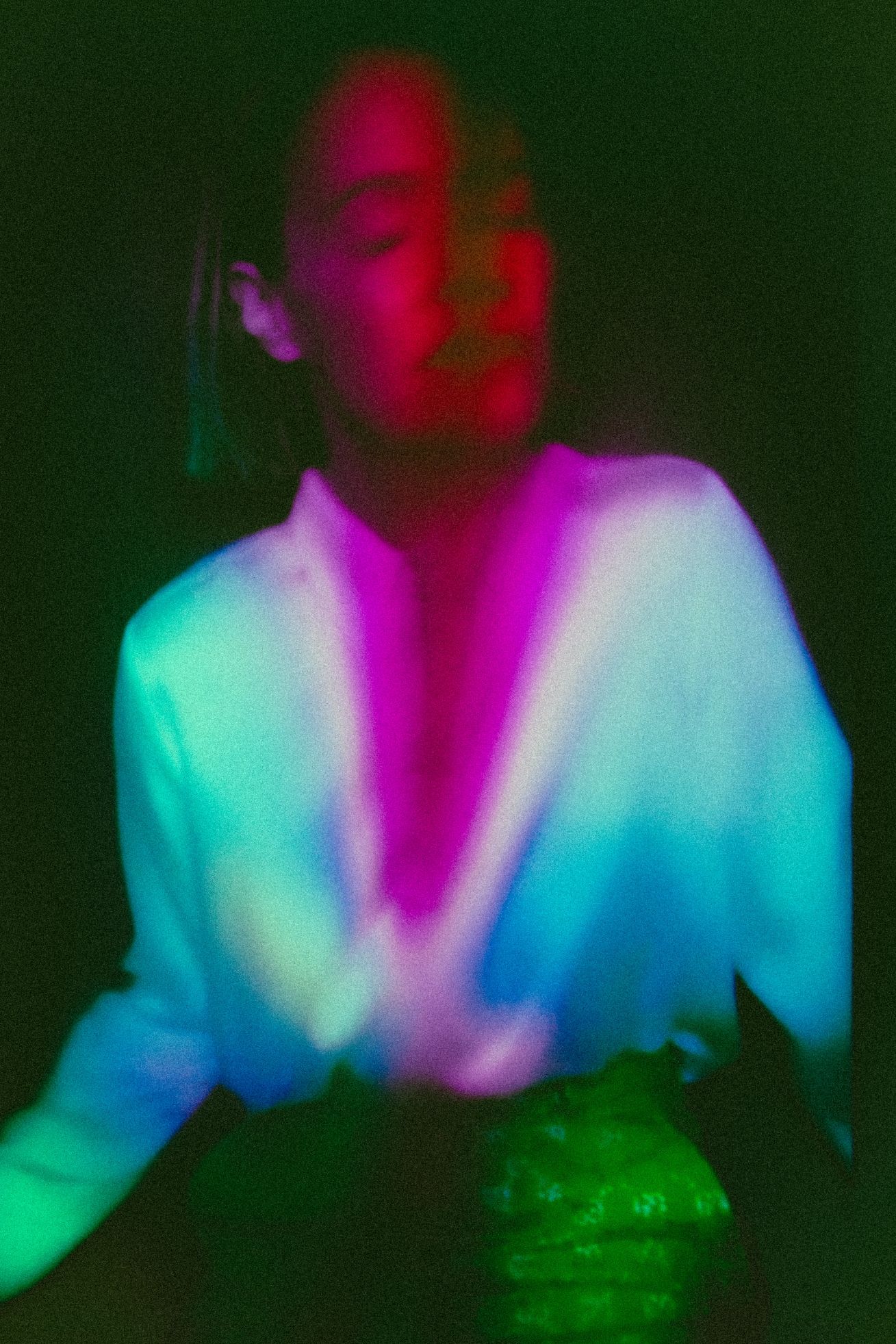
The season three finale of Generation Q was a pretty special episode, both for longtime fans of the show with Bette and Tina’s wedding and for yourself with your directorial debut. What was it like taking the director’s chair, particularly on such a major episode?
I’ve been interested in directing for a long time but never thought I’d be able to do it. But I’d look around and see people in these positions that probably have less experience than I do and thought, “I should give myself a chance. I shouldn’t shut the door in my own face.” So, when the show got rebooted, I started asking right away if there was a chance I could ever direct an episode. They told me to start shadowing directors so during season two, I started shadowing as much as I could to really gain the confidence that I could do it. We got Showtime’s permission but I didn’t know which episode I was going to direct. Then the showrunner said, “Okay, you’re gonna do the finale.” And I was like, “Oh…”
Yeah, that’s a big deal, isn’t it?
It was a big one.
And both directing and acting in the same episode, how did you find a balance between the two?
It was really hard because I was wearing two different hats. I would sit at the monitor in my costume for the scene. I’d watch a stand-in do my blocking then I’d run in and have to be in character as Alice and capture her energy. I’d be doing so many things as director and then I had to just let it go and be carefree Alice. It was a lot.
Do you picture yourself doing more directing in the future?
Absolutely. I love the process so much. My favourite part was working with the actors. I was surprised at how much I loved doing it but my favourite thing to do was run into the scene in between takes and talk people through everything. That was a part of the role I really understand. Having so much experience with other directors, I know how I like to be communicated with and it was a fun challenge to figure out what type of communication everybody likes to get to the end result. And I was supported by this amazing crew who really had my back with the blocking and the cameras. It was a massive undertaking but I loved it.
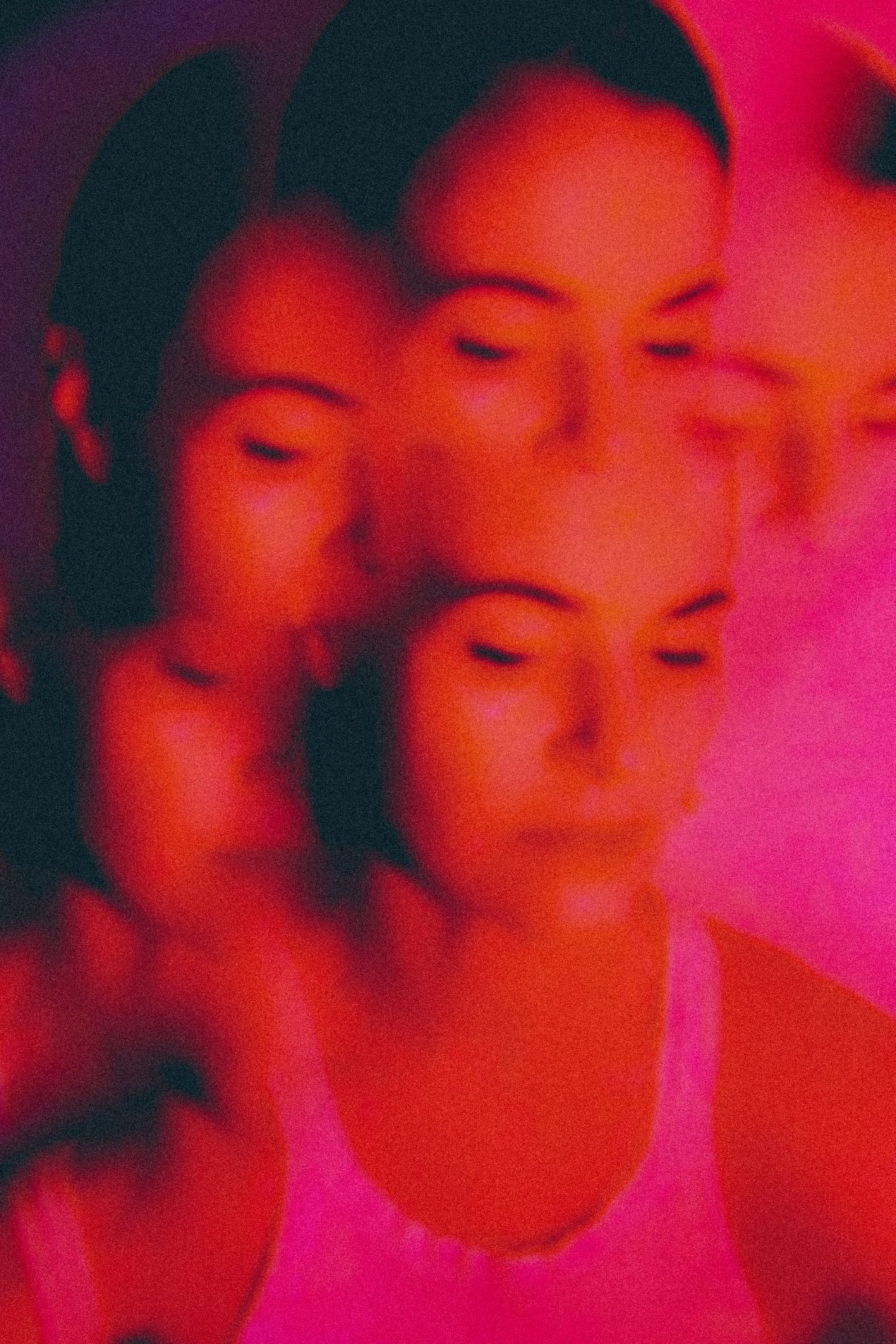
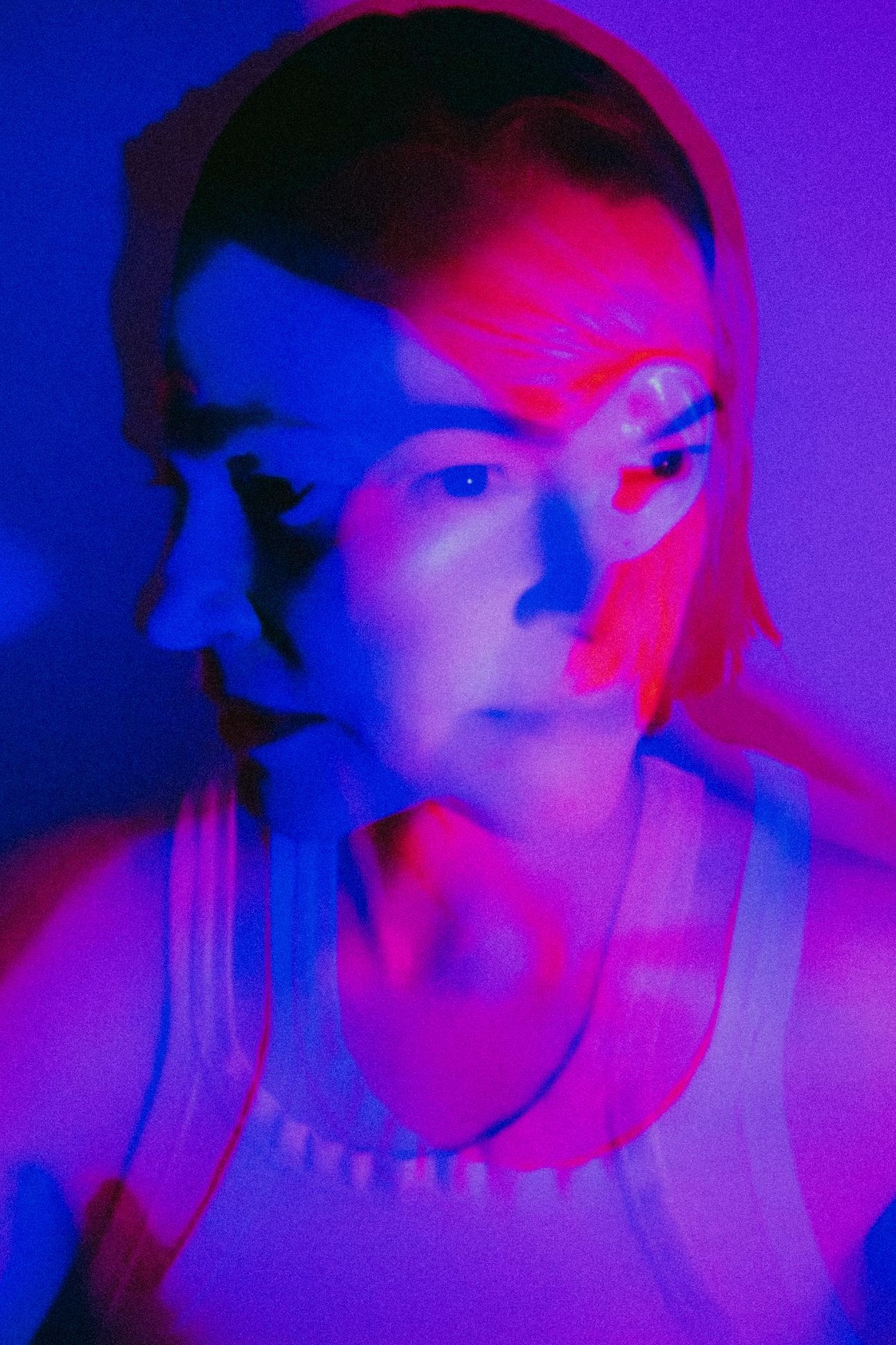
And in 2020, during the pandemic, you launched the PANTS podcast with your L Word costar and close friend, Kate Moennig. Tell me about your initial vision for the podcast and how you brought that into reality.
Kate and I hadn’t seen each other in a long time at that point. We’d talked about doing a podcast before so we found a platform and just started recording, not knowing what it would turn into. We were like, “Let’s do eight episodes, just talk and see where it goes.” We had no idea it was going to be something that people tuned into and cared about. We had no expectations which is why I think it worked.
That makes sense. I think people gravitate towards things that feel natural more than something that’s ultra-structured and forced.
That’s the thing. It’s been more than two years now and in those two years we’ve had moments where we’ve thought, “Should this be more structured? Should we know exactly what we’re going to talk about when we go in?” But we realized along the way that we were having more fun when we didn’t have a plan. It’s like how we talk on the phone. People are kind of getting an insight into what a phone call would be.
How was your experience of the pandemic in general? I know a lot of people have said it made them reassess what matters. Do you think it affected your viewpoint on life and what’s important to you?
It absolutely made us all realize how much we love everyone around us, our friends and freedom, all the things we didn’t have at the time. But I also think it was a reset. If you could take away the death and the horror that we were all living through at the time, the quiet of the pandemic was actually my speed. I think the life we all live right now, the speed of it is too much. There’s this pressure there and you’re supposed to document it the whole time so everyone knows what you’re doing while you’re doing it. It’s a nightmare. I try to remind myself every day that I don’t need to live up to that all the time. I don’t subscribe to it as much as possible.
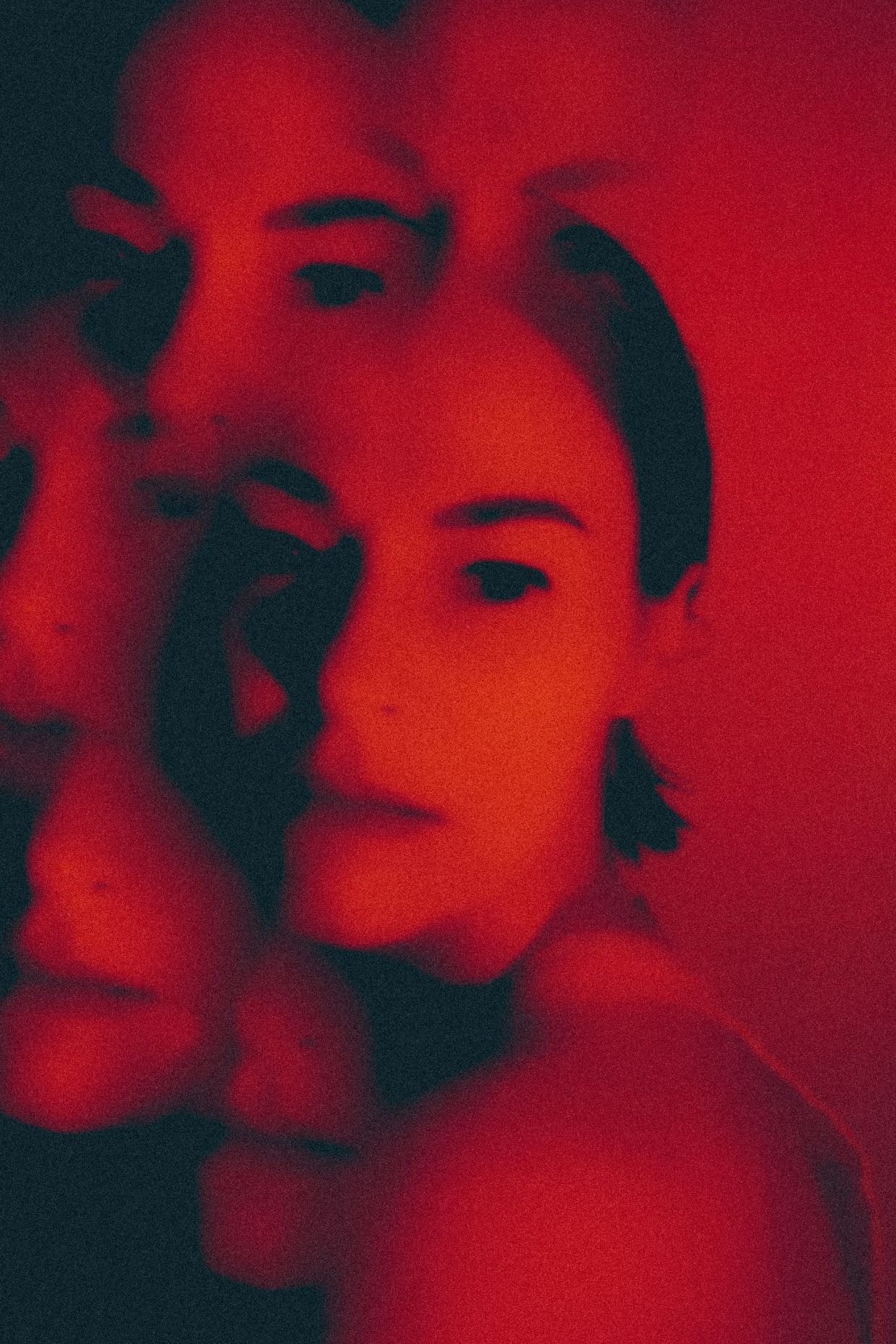
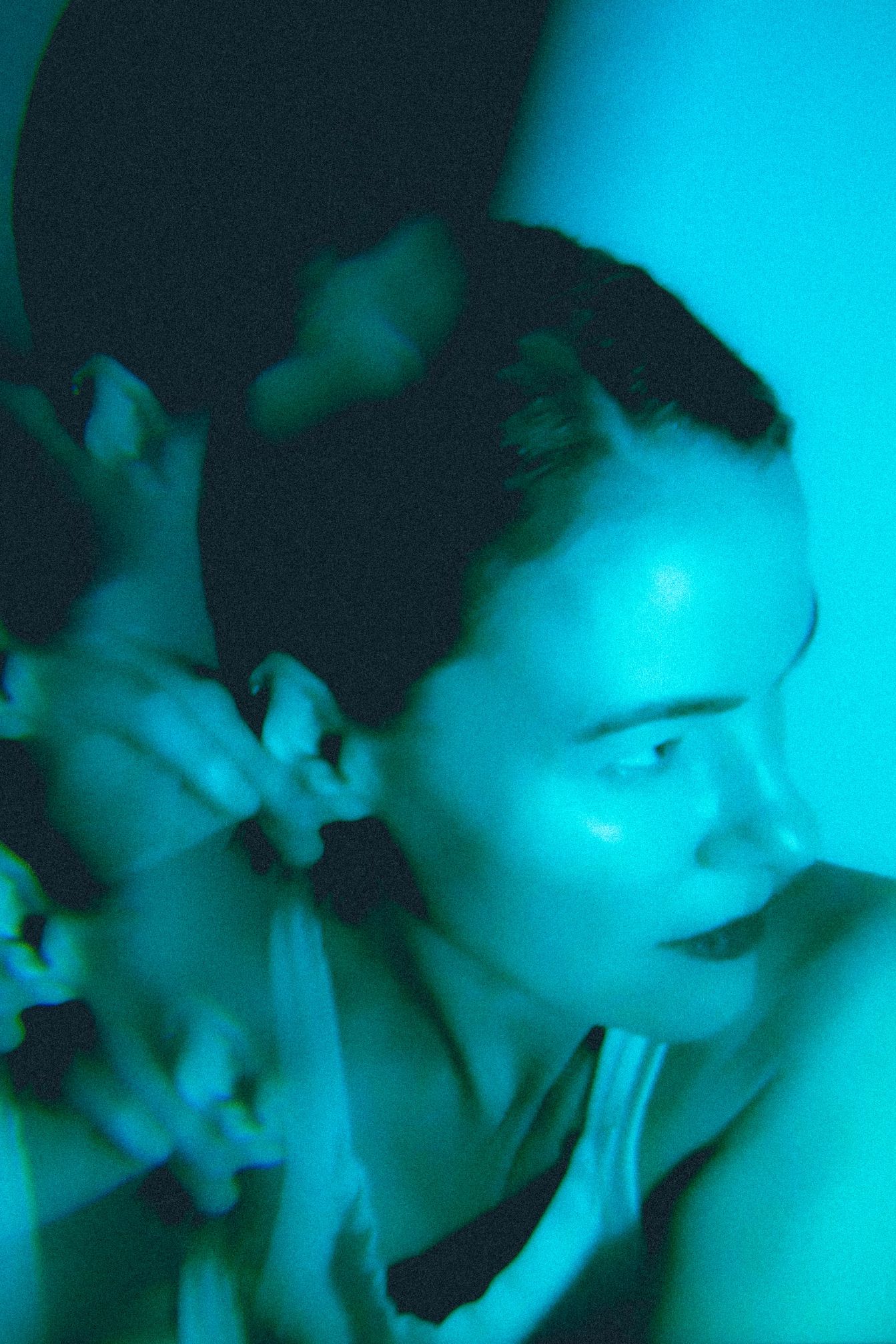
And alongside acting, you’re well-known for making music. Do you think you’ll return to that on a professional level at some point or is it more of a personal thing for you now?
It’s definitely more of a personal thing. I always play my guitar at home. I still enjoy that side of me and there are times I miss being on stage, I’m not going to lie. There’s a part of me that I don’t think will ever go away, which is I love to perform. Being in bands always gave me that outlet. It’s hard not to have it anymore, but everything that comes along with it — like how much you have to perform, going on tour, record sales — I’m not interested in that anymore. I do sometimes talk about doing a ‘One Night Only’ kind of thing, a big reunion though. I do dabble with that idea.
A lot of your pastimes seem to be creatively driven. What inspires the creative projects you choose to work on?
Well, I’ve always built things. My dad had a workshop growing up and I would build soapbox derby cars with him and race them as a kid. It’s funny. I never made it to the national soapbox derby but I always won ‘Best Design.’ I was really into how my cars looked and how they were painted. I’ve always painted and I’ve always worked with my hands. So when I got older and bought my house, there was a garage and I started collecting tools like my dad had. Now I have a big woodshop in there. I just challenge myself to build things like tables, etc. It’s really fun to see something you’ve envisioned come to life. But also when I was out of work, I took the money I’d saved from The L Word and started investing in real estate. I would buy these shitty little properties and personally fix them up. It wasn’t just a fun project that I wanted to do. There was a financial push to do it as well. It was my income. When I fixed a property up, I could rent it out. I would renovate in order to get income.
On a personal level, do you feel you get a certain catharsis from your creative pursuits?
I do but I also have a tendency to pressure myself. Once I complete something, I have to make something else. I’m a little hard on myself in that way. I’m working on not doing that and just allowing myself to have these quiet moments where I wait for the inspiration to come to me instead of feeling like I have to produce something every day. I don’t think you make the best things that way. Like painting for instance. It’s something I’ve always loved to do. I have dreams of putting on a show one day and I’m like, “Well, you’re never gonna have one if you don’t paint every day.” But then I think, “Why do you need a show? Why don’t you just paint because you love it?” It’s this internal struggle. I try to find a balance because, in the end, it’s not about proving anything. It’s really about loving what you do.
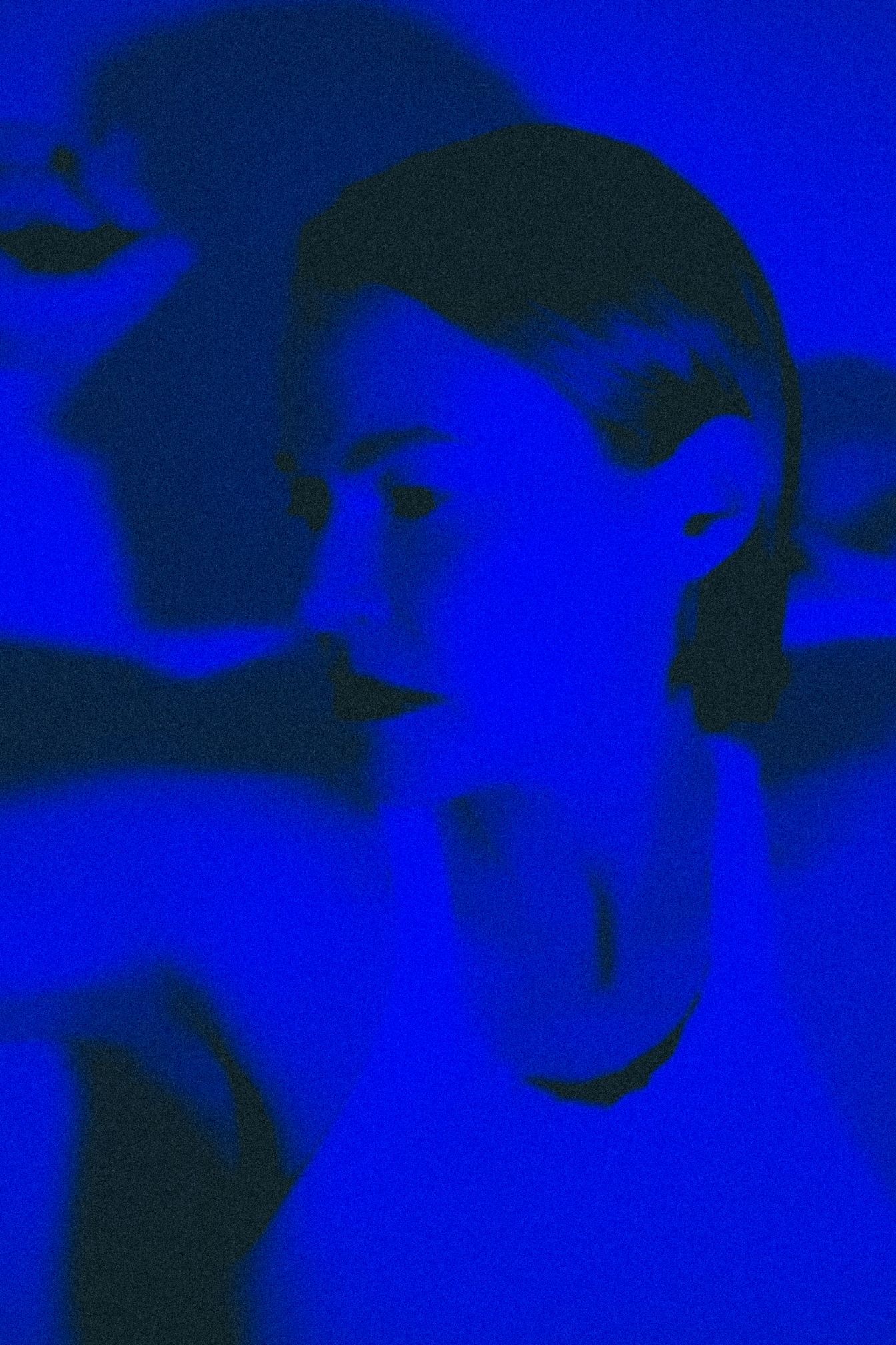
And you’ve touched on it already when you spoke about having an art show, but to wrap things up, what would you like the future to hold? Do you have any dream projects you’d like to work on?
It’s funny because you’re finding me at sort of a crossroads right now. I have so many interests and this weird fear of how much time I have left on Earth. It’s all about the quality of how I spend my time. Am I spending my time trying to show people something? Or do I need to spend that time more quietly? Sometimes I’ll dream about leaving the business and just painting but I know that’s not very realistic. So, at this point, I would love to direct more, I would love to have an art show and I definitely want to create shows that I could see myself in instead of hoping someone would write something that would possibly suit me.
Interview Bec Oakes
Photography Alexandra Arnold

